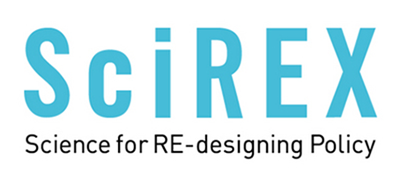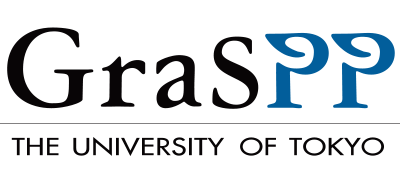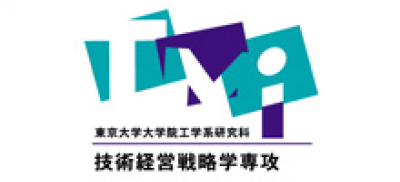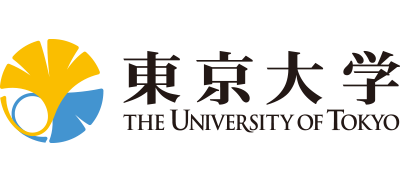Solving the real-world problems with theory and practice
Our STIG program offers a wide range of research and educational programs related to science of science, technology, and innovation policy. I am particularly interested in the ways of handling science and technology in policy-making processes.
Quite many of us often consider "science, technology, and innovation" something inherently good without much critical thinking. But are they always "good" for us? First of all, research and development in these areas often require a large amount of resources and investments. People might regard them as "wasteful" if these investments do not yield the expected returns. Secondly, each individual has different and complex relationships with these technologies. While some might benefit from their uses, others might suffer from paying extra costs or having to endure nuisance. Therefore, absolutely "good" technology is simply impossible; its evaluation depends on the perspective of each individual. Such nature of emerging "science, technology, and innovation" requires a certain level of consent among stakeholders regarding their introduction to the society.
You might assume that the science of STI policy is primarily for improving the efficiency of investments in research and development. Public policy for the appropriate and better use of science and technology in the society, however, is also another important focus of the science of STI policy studies. This is the area that I specialize in for the research and education of the STIG program.
In order to deploy various kinds of STIs in the society, it is imperative for policy-makers to seek consensus among (or consent by, at least) their stakeholders. Societal needs and expectations must be solicited to inform the STI research communities so that they can be more responsible for the society. My research focuses on both practice and theory of negotiation, consensus building, and deliberation in these applied areas. My research adopts a multidisciplinary approach to these issues by drawing on public policy, qualitative research, STS, organizational studies, and urban studies.
If you are interested in this challenging area, please join our conversation through the STIG Education and Research Program. I am looking forward to working with you for improving the theory and practice of STI policy-making.



